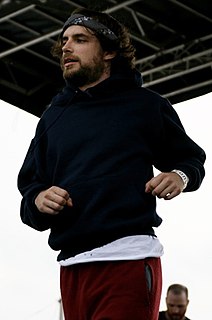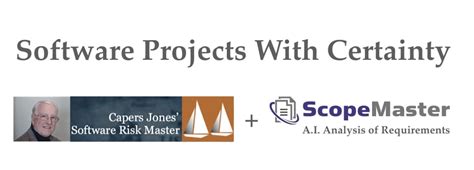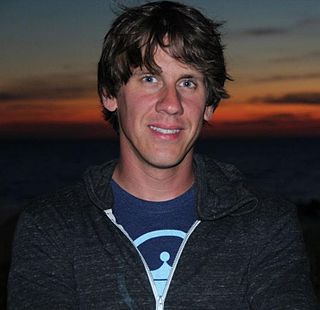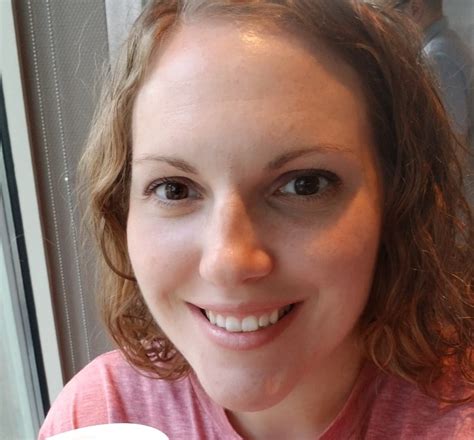A Quote by Richard Stallman
I figure that since proprietary software developers use copyright to stop us from sharing, we cooperators can use copyright to give other cooperators an advantage of their own: they can use our code.
Related Quotes
I named my software 'EMAIL,' (a term never used before in the English language), and I even received the first U.S. Copyright for that software, officially recognizing me as The Inventor of Email, at a time when Copyright was the only way to recognize software inventions, since the U.S. Supreme Court was not recognizing software patents.
Since all of us desire to be happy, and since we evidently become so on account of our use—that is our good use—of other things, and since knowledge is what provides this goodness of use and also good fortune, every man must, as seems plausible, prepare himself by every means for this: to be as wise as possible. Right?
Under the 1998 Digital Millennium Copyright Act, Tumblr, YouTube, Reddit, WordPress, and Facebook aren't responsible for the copyright infringement of each of their millions of users, so long as they take down specific posts, videos, or images when notified by copyright holders. But copyright holders thought that wasn't good enough.
Can a one judge sitting somewhere in a trial court issue an order that says nobody in the world is allowed to have, to use, to improve or to develop software for playing multimedia content without the permission of the manufacturers of the content themselves? .. This is an astonishing development in the course of our understanding of what we call the copyright bargain, the relationship between authors' rights, publishers' leverages and consumers' needs.
One reason you should not use web applications to do your computing is that you lose control. It's just as bad as using a proprietary program. Do your own computing on your own computer with your copy of a freedom-respecting program. If you use a proprietary program or somebody else's web server, you're defenceless.
On the other end of the spectrum, we can't use this permission to sometimes say no and use it as a wand to wish away all our responsibilities. We also must remember not to use our "no" answers as a weapon. We can't turn into No! ninjas, karate-chopping anyone who even comes close to asking us for something.


































